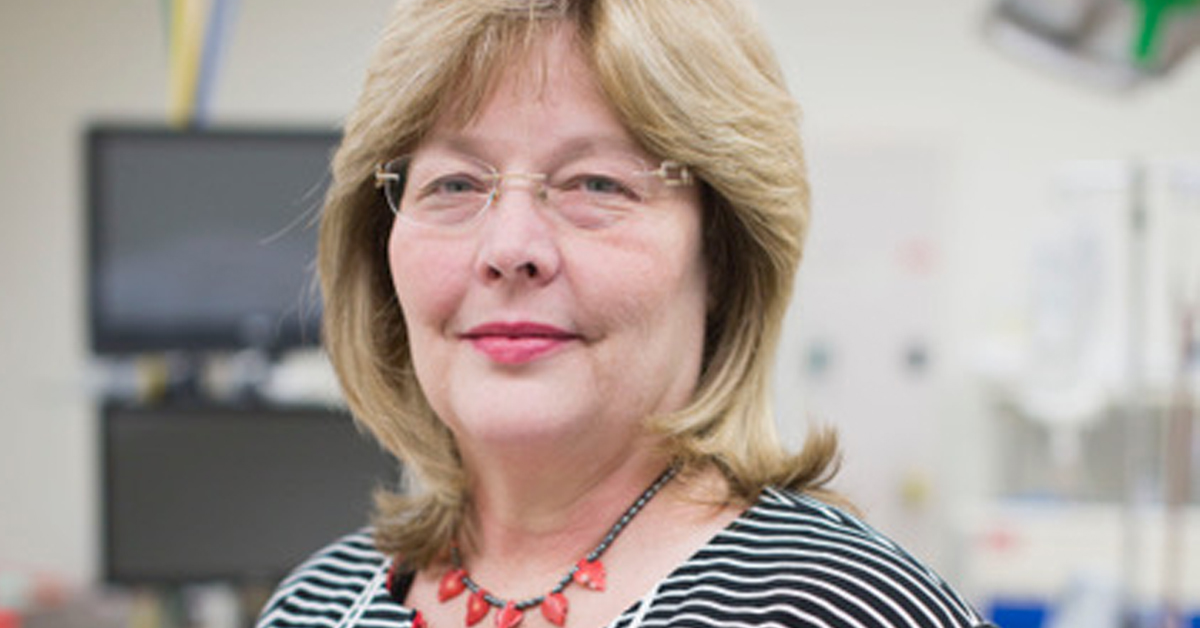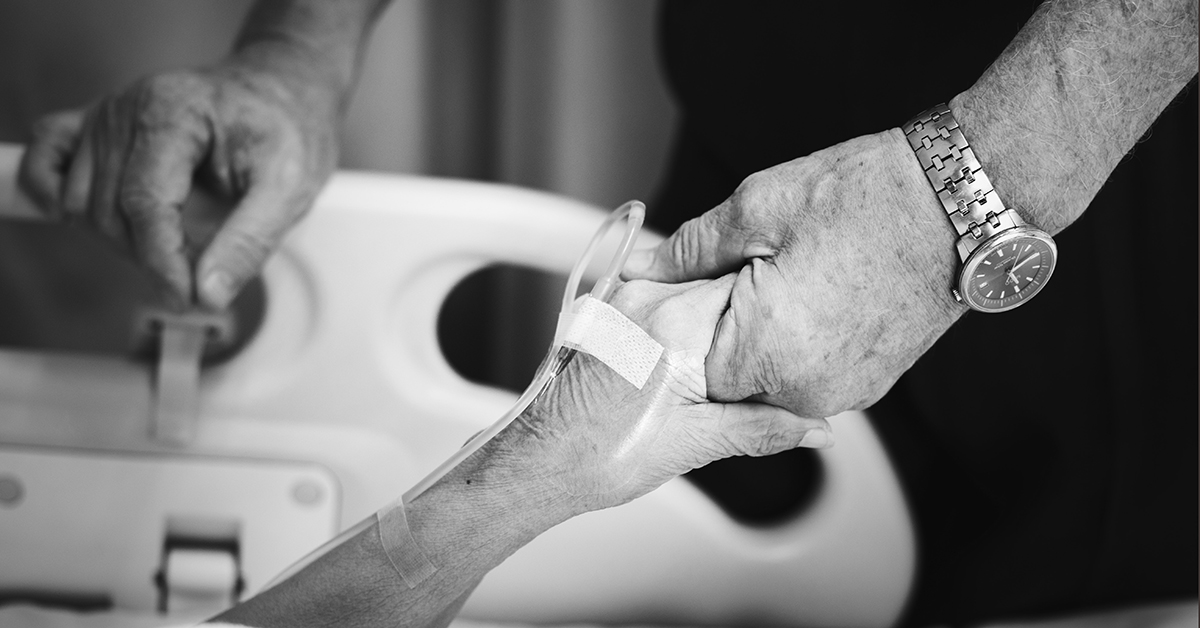When Health Care Includes End of Life Planning

Death is often complicated. You or a loved one may be suffering from a chronic illness that will eventually reach a point where there are no more options other than symptom and pain management. If decisions about palliative or hospice services have not been made, now is the time for Advance Care Planning (ACP). ACP can help make sure you or your loved one gets the care they want. It is important to remember that ACP is for anyone at any age as a health crisis could leave a person too ill to make their own health care decisions.
ACP involves making decisions ahead of time and letting your loved ones and health care team know about your preferences. These preferences often are put into an advanced directive (AD), a legal document which goes into effect only when you are too sick and not able speak for yourself. This could be the result of a disease such as a stroke or even severe injury following a very serious motor vehicle accident. You can use your AD to help others know and remember what you wanted should the unthinkable happen, no matter how old you are. ADs are not written in “stone” and can be changed as your situation changes.
Important decisions to be made include the use of emergency procedures to keep you alive. These decisions include whether to perform or not perform cardiopulmonary resuscitation (CPR), insert or not insert a tube down your throat to help you breath with the assistance of a ventilator, begin artificial nutrition (tube feeding), or start artificial hydration (intravenous fluids). In addition, comfort care becomes a priority.

Comfort care is essential to prevent or relieve suffering and improve quality of life and includes four areas: physical comfort, mental and emotional needs, spiritual issues and practical tasks. Physical comfort may include pain, breathing problems, skin irritation, digestive problems, temperature sensitivity and fatigue. Mental and emotional needs need to be addressed because of fears and concerns about being alone. Simple physical contact (holding hands, touch) can make a person feel connected to those they love. Spiritual needs may include finding meaning in one’s life and resolving unsettled issues. Many may find solace in their faith by praying, reading religious texts or listening to religious music.
Families also need support. There are many, many, many tasks to be done at end-of-life and now the closest family member may be the only one doing these chores. Ask for help when you need it or find community agencies that might help with respite.
You have read some important issues that are uncomfortable to think about. Now that you have an idea about decisions that will need to be made in the future, fill out an advance directive detailing your wishes and share these with your physician and closest family members. The South Plains Association of Governments Area Agency on Aging (806-687-0940) can help you locate the right forms. Or for more information, go to https://www.nia.nih.gov/health/providing-comfort-end-life.
You will be glad you made these decisions, and when the time comes, your family will too!
Alyce Ashcraft, Ph.D., R.N., is professor and associate dean for Research and Scholarship of the Texas Tech University Health Sciences Center School of Nursing.
Related Stories
Celebrating Veterans: TTUHSC’s General Martin Clay’s Legacy of Service and Leadership
From his initial enlistment in the Army National Guard 36 years ago to his leadership in military and civilian health care management roles, Major General Martin Clay’s career has been shaped by adaptability, mission focus and service to others.
Texas Tech University Health Sciences Center School of Nursing Named Best Accelerated Bachelor of Science in Nursing Program in Texas
The TTUHSC School of Nursing Accelerated Bachelor of Science in Nursing (BSN) program has been ranked the No. 1 accelerated nursing program in Texas by RegisteredNursing.org.
TTUHSC Names New Regional Dean for the School of Nursing
Louise Rice, DNP, RN, has been named regional dean of the TTUHSC School of Nursing on the Amarillo campus.
Recent Stories
National Academy of Inventors Names TTUHSC Faculty Senior Members
The National Academy of Inventors (NAI) has designated two current and one former TTUHSC faculty researchers as Senior Members.
The John Wayne Cancer Foundation Surgical Oncology Fellowship Program at Texas Tech University Health Sciences Center Announced
TTUHSC is collaborating with the John Wayne Cancer Foundation and has established the Big Cure Endowment, which supports the university’s efforts to reduce cancer incidence and increase survivability of people in rural and underserved areas.
TTUHSC Receives $1 Million Gift from Amarillo National Bank to Expand and Enhance Pediatric Care in the Panhandle
TTUHSC School of Medicine leaders accepted a $1 million philanthropic gift from Amarillo National Bank on Tuesday (Feb. 10), marking a transformational investment in pediatric care for the Texas Panhandle.
